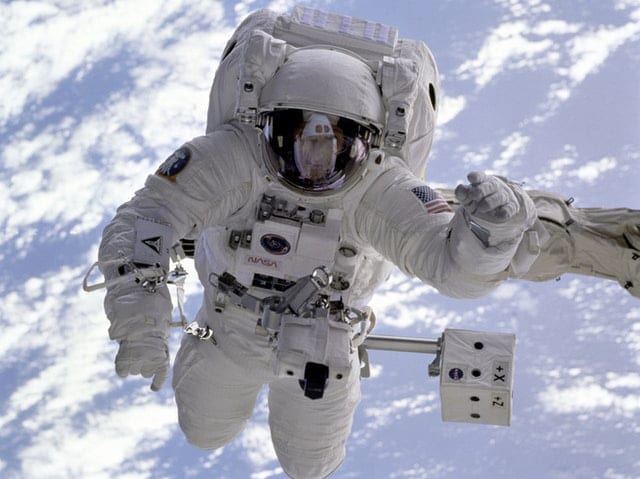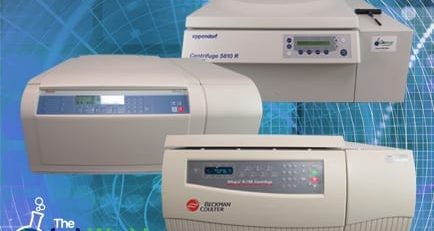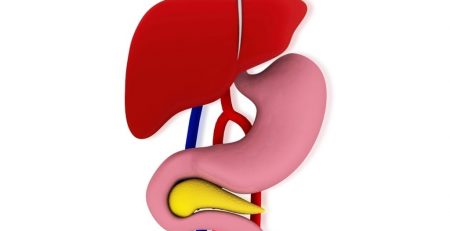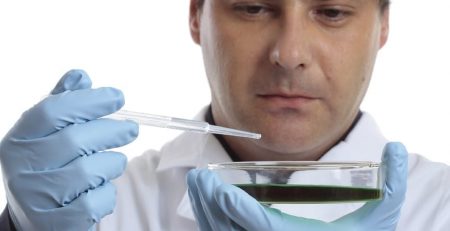Research Suggests Astronaut Training Could Help Cancer Patients
While treatments such as chemotherapy are life saving for those with early-stage cancers, the effects can ultimately be harmful to the patient’s overall health. However, a team of researchers believe they’ve found a solution.
When astronauts travel outside of Earth’s atmosphere, their bodies are subjected to microgravity and increased levels of radiation, which the authors of a commentary recently published in the journal Cell, argue is similar to undergoing cancer treatments. Both audiences also experience physical inactivity and changes in body weight, which all lead to symptoms such as muscle atrophy, bone demineralization, anemia and immune dysfunction.
To combat with astronauts often refer to as “space fog”, a disorientation similar to “chemo brain” where sufferers have trouble focusing or begin to become forgetful, as well as the aforementioned symptoms, NASA developed a three-phase exercise program that includes exercise prior to space flight to “improve the reserve capacity of all bodily systems”; an in-flight regiment “designed to help astronauts maintain their physiological functionality at around 75% of their pre-flight levels”; and a post-flight routine designed to help them “return to their baseline capacity as quickly as possible,” IFLScience.com reported.
“That’s completely backwards to how it is on Earth, where cancer patients may still be advised to rest in preparation for and during treatment and may have to ask permission to exercise from their physicians,” senior author Jessica Scott, an exercise physiology researcher at the Memorial Sloan Kettering Cancer Center’s Exercise Oncology Service, said in a statement.
This is one of the reasons Scott and her team suggest basic exercise could benefit cancer patients in the long term. They are currently examining whether exercise can offset the effects of different treatment therapies in cancer patients.
“We really need to do a lot more research and a lot more work,” Scott said, “but it’s very promising that this NASA exercise framework could be applied to help the approximately 1 million individuals that will be diagnosed with cancer in the United States this year, as well as the over 15 million cancer survivors in the United States today.”














